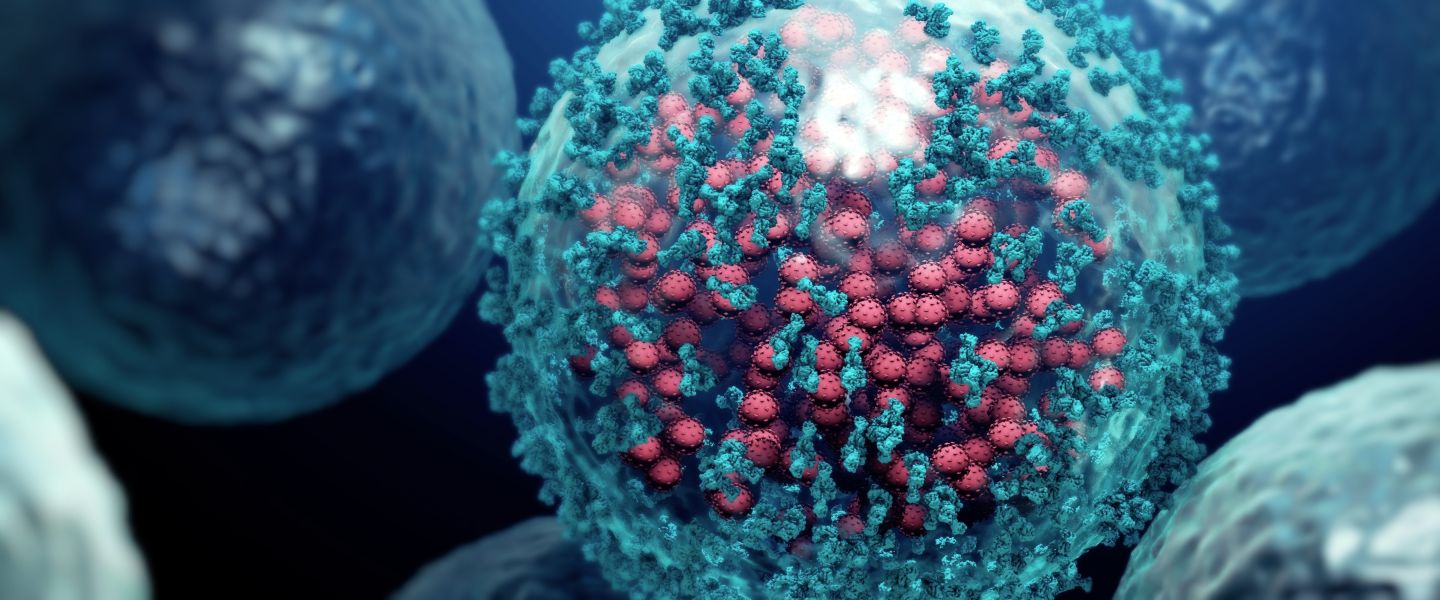SHARING / REPOSTING GUIDELINES: We're very happy to have posts/articles shared as direct links.
However, if you are replicating and re-posting information from this website or our posts, Abbey requests that you:
A) Only ever share articles in part (not in full). (eg. You can lift a paragraph as a way of introducing your readers to the topic) B) Be sure to always provide a direct link/URL back to the full original article here on the MyHealingCommunity.com website. Thanks in advance for your co-operation when sharing and re-posting any and all information that appears on this website.
How Prompt Adoption of Integrative Therapies May Transform Cancer Outcomes
In the complex and often daunting journey of cancer treatment, the early adoption of integrative therapies may stand as a beacon of hope and innovation. As the medical community continues to advance in its understanding of cancer’s multifaceted nature, the role of integrative therapies in enhancing treatment efficacy and patient well-being has become increasingly evident.
It is clear to me that integrative approaches when introduced promptly in the cancer treatment timeline, have the potential to significantly transform patient outcomes. By exploring the intricate challenges posed by conventional treatment failures and the multifarious benefits of integrative practices, we can experience more effective and holistic cancer care.
Repeated treatment failures in cancer can make the disease more difficult to cure over time due to several interrelated factors:
1. Development of resistance: Cancer cells can develop resistance to treatments such as chemotherapy and radiation. With each treatment, some cancer cells may survive and adapt, making them less responsive to subsequent treatments. These resistant cells can multiply, leading to a recurrence of cancer that is harder to treat.
2. Genetic mutations: Cancer is affected by genetic mutations, and these mutations can continue to occur over time. As cancer progresses, it adapts, and it may acquire new mutations that make it more aggressive and resistant to treatments that were initially effective.
3. Decreased overall health: Repeated treatments, especially aggressive ones, can take a toll on a patient’s overall health. Side effects like fatigue, malnutrition, cachexia, immune system impairment, and organ damage can weaken the body’s ability to cope with and recover from treatment, diminishing the effectiveness of future treatments.
4. Reduction in treatment options: Each failed treatment potentially eliminates a tool from the arsenal against cancer. As standard treatments are exhausted, finding effective alternatives becomes increasingly challenging, and the remaining options might be less effective or have more severe side effects.
5. Tumor microenvironment changes: The environment around a tumor can change in response to treatments, potentially becoming more conducive to cancer growth and spread. For example, some treatments can inadvertently create a microenvironment that supports the survival of more resistant cancer cells.
6. Metastasis: Over time, especially with treatment failures, there’s an increased risk of cancer spreading to other parts of the body (metastasis). Metastatic cancer is more difficult to treat and cure compared to localized cancer.
7. Psychological impact: Repeated failures in treatment can lead to psychological distress, depression, and anxiety, which can impact a patient’s overall well-being and potentially their responsiveness to treatment.
8. Compromised immune system: Many cancer treatments, particularly chemotherapy, can weaken the immune system. A compromised immune system is less effective at fighting cancer cells and increases the risk of infections, further complicating treatment.
In summary, repeated treatment failures in cancer can lead to more resilient and aggressive cancer cells, diminished patient health, fewer treatment options, and complex biological changes, all of which contribute to making the cancer more challenging to cure. It underscores the importance of personalized and integrative treatment strategies in cancer care.
Incorporating integrative cancer therapies early on, which include a range of treatments and practices that go beyond conventional medical approaches, can be a crucial aspect of a comprehensive cancer treatment plan. Delaying their inclusion could potentially impact the opportunity to achieve remission of cancer for several reasons:
1. Synergistic effects: Integrative therapies often work best when combined early on with conventional treatments like chemotherapy, radiation, or surgery. They can enhance the effectiveness of these treatments, help manage side effects, and improve overall quality of life. Waiting too long might mean missing out on these synergistic benefits.
2. Immune system support: Many integrative therapies focus on boosting the immune system, which plays a crucial role in fighting cancer. Early incorporation of these practices can strengthen the body’s natural defences against cancer cells.
3. Holistic health improvement: Integrative approaches often emphasize overall wellness, including physical, emotional, and mental health. Starting these therapies early in the treatment process can help address the full spectrum of health challenges posed by cancer.
4. Managing side effects: Integrative therapies like acupuncture, yoga, or nutritional counseling can help manage the side effects of conventional cancer treatments. Introducing these therapies early can make the primary treatment more tolerable and potentially more effective.
5. Psychological benefits: Dealing with cancer can be mentally and emotionally draining. Integrative practices like meditation, counseling, and support groups can provide essential psychological support from the beginning of the treatment journey.
6. Preventing resistance: In some cases, cancer cells may become resistant to conventional treatments over time. Integrative therapies can offer alternative pathways to affect cancer cells, potentially reducing the chance of developing resistance.
7. Window of opportunity: Some integrative treatments may be most effective during specific stages of cancer progression. Delaying their use could mean missing the optimal window for their effectiveness.
It’s important to note, however, that while integrative therapies can offer many benefits, they should not replace conventional cancer treatments unless advised by an experienced physician. Also, not all integrative therapies are suitable for every patient or type of cancer. Decisions about incorporating such therapies should be made in consultation with your doctor, ensuring they are safe and appropriate for your specific condition and treatment plan.
In conclusion, the prompt incorporation of integrative therapies in cancer treatment is not just an adjunct to conventional methods but a vital component in the holistic management of the disease.
This approach underscores the importance of treating the patient as a whole, considering not only the physical aspects of cancer but also the psychological, emotional, and overall well-being. While these therapies are not panaceas and should be tailored to individual needs and medical advice, their early integration offers a promising avenue for enhancing treatment success, mitigating the harsh effects of conventional therapies, and ultimately paving the way for a more effective and compassionate approach to cancer care.
As we continue to explore and understand the full potential of integrative cancer therapies, their role in transforming cancer outcomes becomes not just a possibility but a tangible reality in the quest to conquer this formidable disease.
Dr. Daniel Thomas, DO, MS
Metabolic & Nutritional Medicine
Integrative Cancer Therapeutics
Mount Dora, Florida
drthomas@healthyandstrong.com
Disclaimer: This information is for educational purposes only and should not be construed as personal medical advice. Always consult a qualified healthcare provider for personalized information about cancer treatment options.
Healing Cancer Study Support Facebook Group Members:
Visit the Healing Cancer Study Support Group A-Z directory of conversation threads to explore more integrative therapy research sharing and discussions.* MCS offers ULTRAFAST WORLDWIDE SHIPPING with FedEx and UPS
** MCS are a SOCIAL ENTERPRISE - see the We Donate 50% program
DISCLAIMER: Any and all information in this post was gathered from published research in cell lines or animals, or from typical clinical use. It may not be complete, may not have not been verified in humans, and is NOT meant or given as medical advice, but only as a guide to further exploration.







